This post about building healthy relationships is made possible with support from the American Academy of Pediatrics through a cooperative agreement with the Centers for Disease Control and Prevention. All opinions are my own.
About 10 years ago, my husband was doing some research on Alzheimer’s disease after his mother was diagnosed with it. One thing that was mentioned frequently when discussing the disease’s causes and effects was the importance of strong interpersonal relationships as you age. That got us thinking about the overall importance of close, healthy relationships for people of ALL ages, including our children.
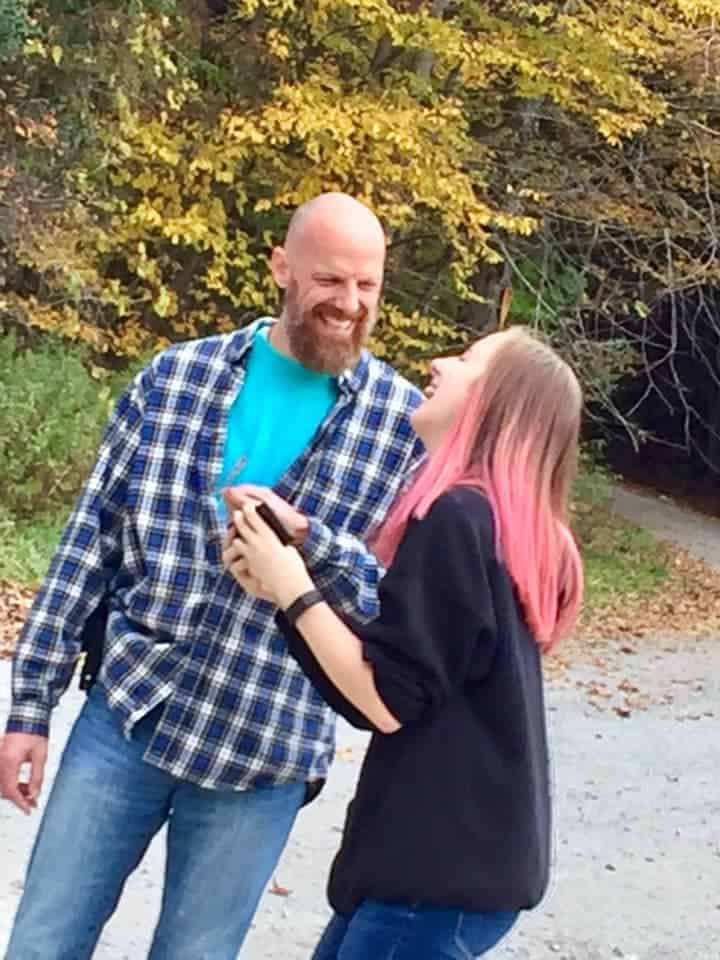
Table of Contents
Healthy Relationships and Emotional Well-being
With the high incidence of mental health problems in our society, building healthy relationships for improved mental health should be a strong focus of ALL parents. However, one group that is in special need of strong, healthy relationships is children. Especially those who are dealing with adverse childhood experiences (ACEs) such as divorce, substance abuse, or other potentially traumatic events.

✯Don’t want to miss the next post?✯
Follow Turning the Clock Back on Facebook | Twitter | Pinterest
Or join the private Facebook group for simple tips on going green!
What are Adverse Childhood Experiences?
What exactly are adverse childhood experiences? How do they affect a child’s long term mental health? Adverse Childhood Experiences (otherwise known as ACEs) are basically any event in a child’s life that has the potential to cause trauma.
ACEs include violence, abuse, and growing up in a family with mental health or substance use problems. The stress created by these adverse events can actually alter a child’s brain chemistry. This change in brain chemistry can lead to long lasting mental health struggles. Depression in adults is one major long term problem that is often associated with ACE’s. In addition, ACE’s are linked to chronic physical health problems, a wide variety of mental illnesses, and even substance misuse in adulthood.
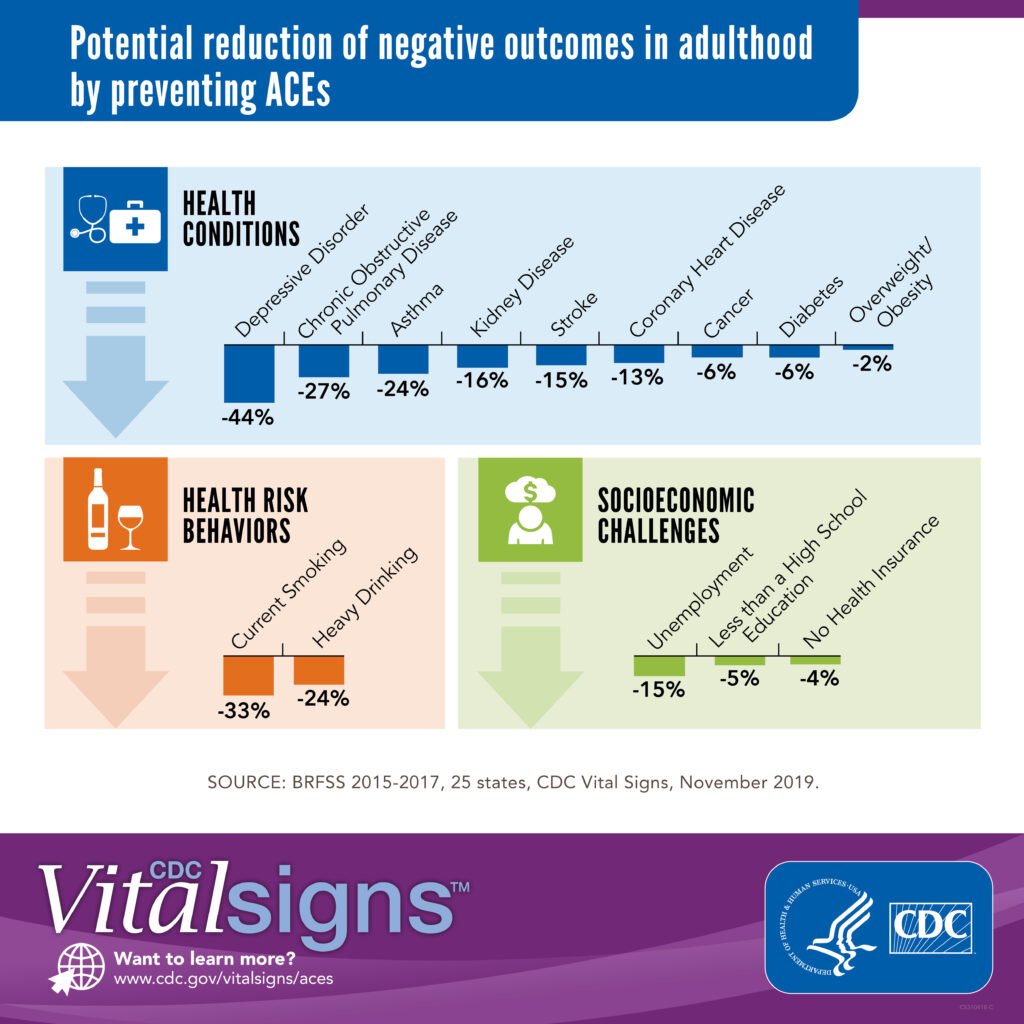
The negative effects of adverse childhood experiences CAN be prevented. One way to prevent or lessen the effects of ACE’s for a child as they grow up is by building healthy relationships.
Learn more about ACEs and childhood mental health here:
- Mental Health and Teens: Does Your Child Need Counseling? Mental health and teens is a topic that needs to be addressed more often!
- Stress and Nutrition: Improve Childhood Mental Health With Nutritious Food. Food plays a critical role in our lives. It not only nourishes our bodies, but also fuels our minds and brings us together with friends and family.
- Adverse Childhood Experiences and Effects on Mental Health. Kids who suffer from childhood trauma need emotional support to begin the healing process.
The graphic below shows just how many adults are affected by traumatic events in their childhood. Trauma in childhood affects the physical and mental health of adults for years to come.
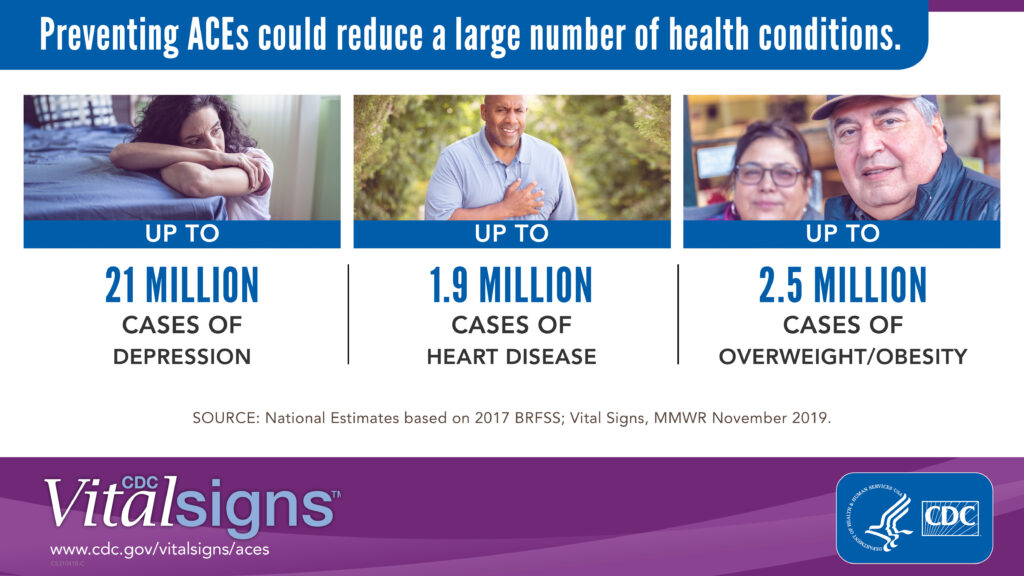
Building healthy relationships
Children need emotional support and guidance from adults, older siblings, and friends. Without a network of healthy relationships, children may struggle with mental health issues all the way into adulthood. That emotional support needs to come from a network of people. One of them is hopefully a loving parent, however, there are other options.
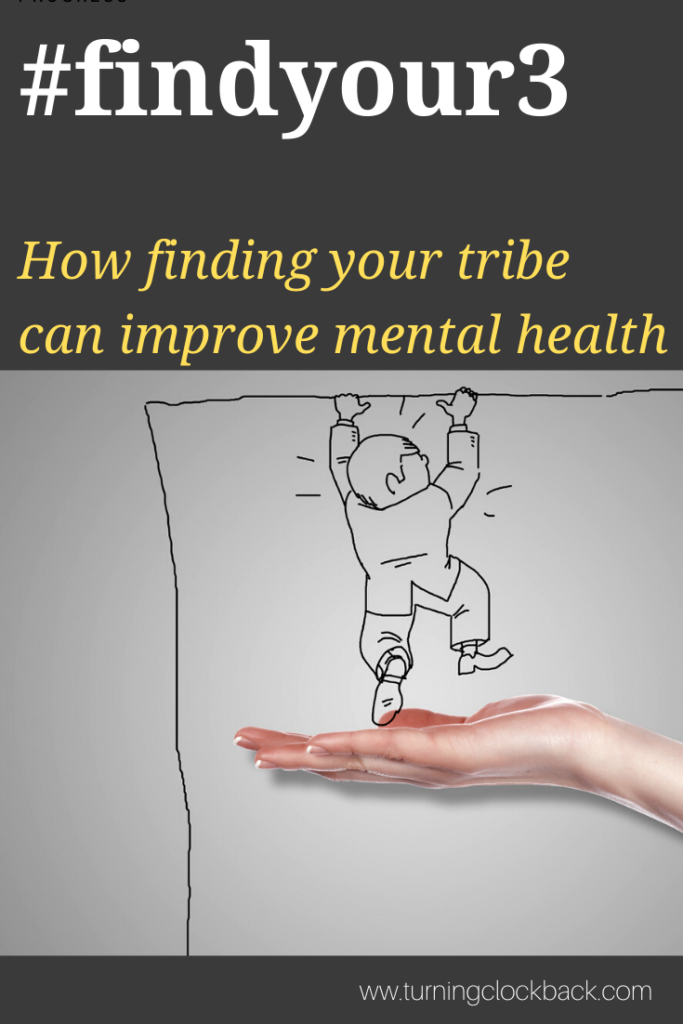
If your child is struggling through an adverse childhood experience, FIND THEIR THREE. Childhood mental health experts recommend that each child have three adults with whom they have a strong relationship. Where do you look for additional support for your child?
- Teachers
- Doctors
- Coaches
- Pastors or other religious leaders
- Other family members, maybe a loving aunt or grandparent
- A friend of the family, neighbor, or other adult they may naturally encounter on a regular basis.
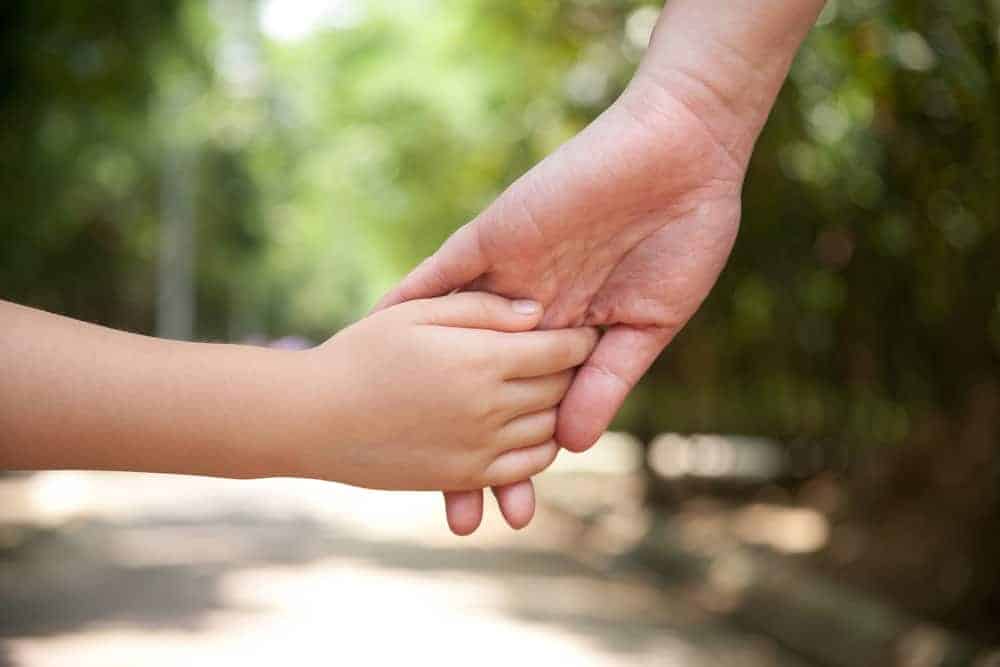
Help your child build healthy relationships with adults who can provide guidance through difficult times. In addition, they will be a source of emotional support, as well as a place your child can turn for physical needs if the situation arises. And if you are an adult dealing with the long term effects of ACEs, find YOUR OWN three. Find a network of people who can help you in your struggle to achieve and maintain good mental health. Because improving your own mental health will positively affect the emotional well-being of your children.
Have you ever considered being part of someone else’s support system? Be a part of someone else’s “three”. Provide vital support for a person (child OR adult) who needs it. Lend an ear. Lend a hand. Or lend a shoulder to cry on when necessary.

Benefits of Preventing ACEs
There is a definite link between ACEs and depression in adults. Addressing ACEs could reduce the number of adults with depression by as much as 44%. That is a staggering number. What other conditions are affected by adverse childhood events? Preventing ACEs helps:
- Lower risk for conditions like depression, asthma, cancer, and diabetes in adulthood.
- Reduce risky behaviors like smoking, and heavy drinking.
- Improve education and job potential.
- Stop ACEs from being passed from one generation to the next.
Creating safe, stable, and nurturing relationships and environments in childhood are essential to lifelong health and success as well as the prevention of ACEs. You can learn more about ACEs and the importance of building healthy relationships at HealthyChildren.org.How are YOU going to #findyour3 and help address ACEs for yourself or your child? Are you part of someone else’s “three”?
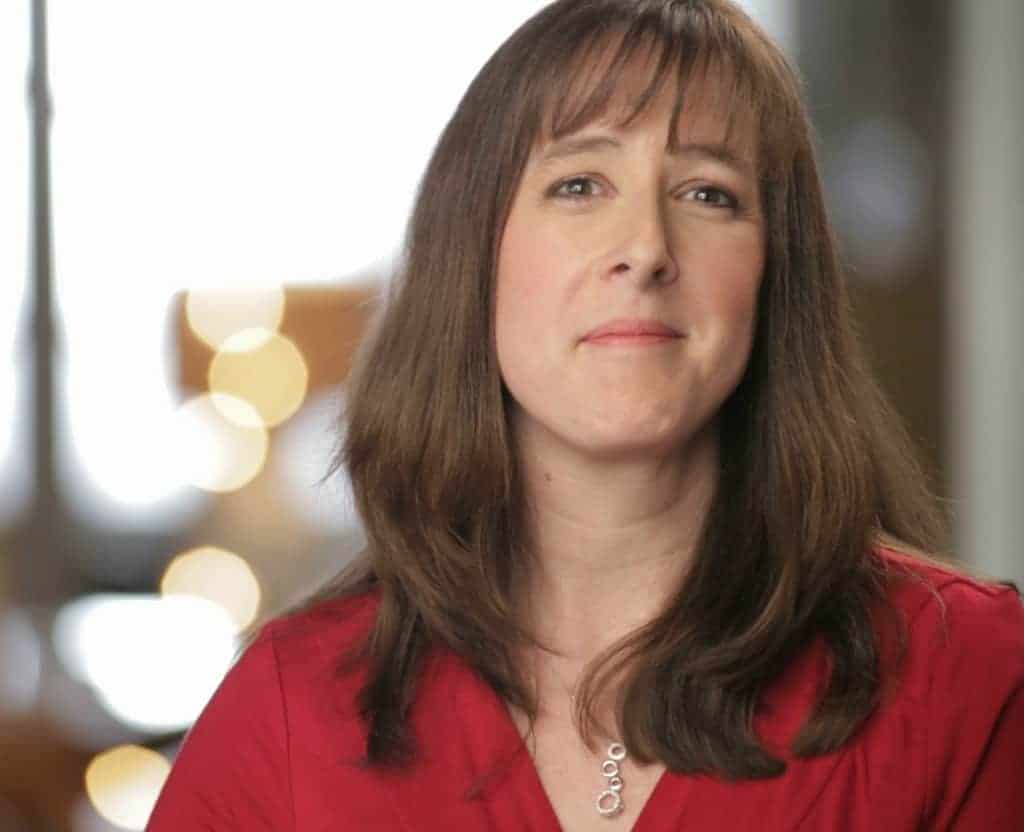
Diane is a professional blogger and nationally certified pharmacy technician at Good Pill Pharmacy. She earned her BS in Microbiology at the University of New Hampshire and has worked in cancer research, academics, and biotechnology. Concern over the growing incidence of human disease and the birth of her children led her to begin living a more natural life. She quickly realized that the information she was learning along the way could be beneficial to many others and started blogging and freelance writing to share this knowledge with others. Learn more about her HERE.
